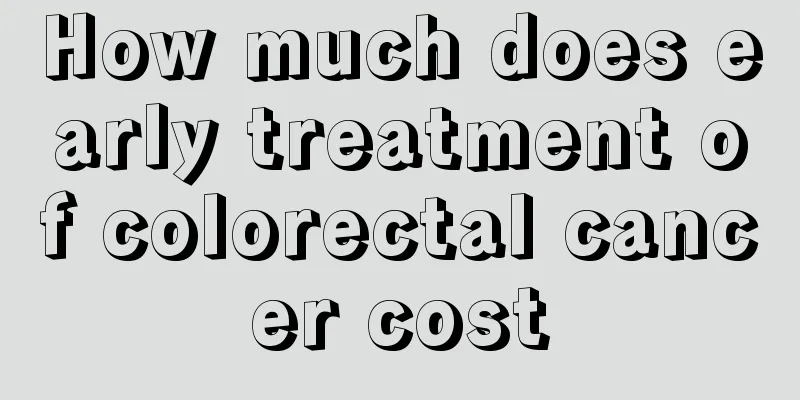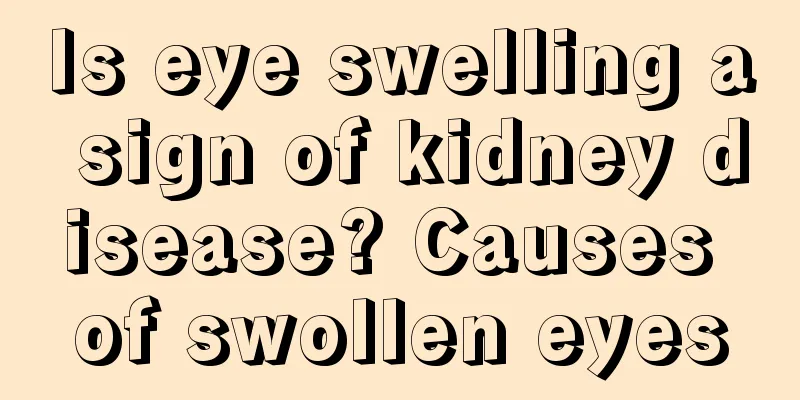Are anal fissures and anal bleeding also divided into stages? What are the types of anal fissures?

|
The anus is an important part of the body. It controls defecation and the physiological system at ordinary times. It is connected to the rectum. If there is a disease in the intestine, the anus will also have a disease. However, due to uncleanliness of the perianal area or diseases, without timely treatment, it will gradually cause anal fissures and anal bleeding. Anal fissures can be divided into two stages, fresh anal fissures and chronic anal fissures. The treatment and adjustment time of chronic anal fissures will be longer, but fresh fissures can be treated in the early stages through medicated sitz baths, topical ointments, and anti-inflammatory drugs. For the treatment of chronic fissures, anal dilation surgery or conservative methods can be used, but the premise is to first treat with conservative treatment. If conservative treatment is ineffective, it can be solved through surgery. Surgery is now very safe and will not cause complications to the human body. 1. Stages of anal fissure Clinically, anal fissures are often divided into fresh anal fissures and chronic anal fissures. Generally speaking, early anal fissures can be gradually relieved and healed by adjusting bowel movements and using topical medications. Chronic anal fissures often require surgery and other methods to treat. Others also have a three-stage classification method: Stage I anal fissure: fresh anal fissure or early anal fissure. The skin of the anal canal is superficially damaged, and the tissues around the wound are basically normal; Stage II anal fissure: also called simple anal fissure. An ulcerative fissure has formed in the anal canal, but there are no complications, such as hypertrophy of the anal papilla, sentinel piles, and subcutaneous fistulas. Stage III anal fissure: refers to old anal fissure, generally referring to anal fissure triad, but also includes tetralogy or pentagensis. Its manifestations are that the fissure is an old ulcer, combined with hypertrophy of the anal papilla and sentinel piles, or accompanied by subcutaneous fistula and anal crypt inflammation. 2. Treatment of anal fissure 1. The treatment of early anal fissure includes the following simple methods: Use laxatives, sitz baths after defecation, and topical anti-saprophytic ointments, including topical glyceryl nitrate or calcium channel blockers. 2. Chronic anal fissure Anal dilation or surgical treatment is possible. If conservative treatment is ineffective, surgical treatment is indicated. The surgery was very effective. It is not difficult for specialists to assess the tension of the sphincter before surgery, and mastering the degree of sphincter incision is the key to the effectiveness of the surgery. Anal dilation is a relatively conservative treatment method that can be performed under local anesthesia. The symptoms of first- and second-stage anal fissures are often significantly relieved after a single anal dilation treatment. |
<<: How can I repair my gastric mucosa?
>>: How to determine kidney yang deficiency and kidney yin deficiency?
Recommend
Will ovarian tumors be passed on to the next generation?
When someone in the family has an ovarian tumor, ...
What should I do if I have pain from stomach cancer? These methods can help you reduce the pain
Gastric cancer is a highly malignant tumor that o...
What is the role of vitamin D
What people probably know more about the role of ...
What are the abnormal bowel movements of rectal cancer? What color is the blood in the stool of rectal cancer?
The most obvious symptom of rectal cancer is blee...
How to treat and care for lumbar fractures?
The lumbar vertebra has the function of protectin...
What are the magical uses of honeysuckle
Honeysuckle is a traditional Chinese medicine wit...
What does occult blood 3 mean in urine test?
Occult blood 3+ in urine test generally means the...
Is liver cancer contagious? Is liver cancer hereditary?
Is liver cancer contagious? We all know that hepa...
What are the most effective ways to get rid of whiteheads?
I get acne on my face from time to time, especial...
Can I have sex on the fourth day of my period?
When a woman has her period, her body loses a lot...
What are the unsafe behaviors of people
People's unsafe behaviors are reflected in ma...
What is World Glaucoma Week
Nowadays, the living standard is better, but ther...
Where will breast cancer metastasize
The lung is the most common site of breast cancer...
Scarves are actually a kind of traditional Chinese medicine, but 99% of people don’t know it!
If I ask you, what is a scarf for? 99% of people ...
Does salmon sashimi contain parasites
Salmon sashimi contains parasites, which can be k...









